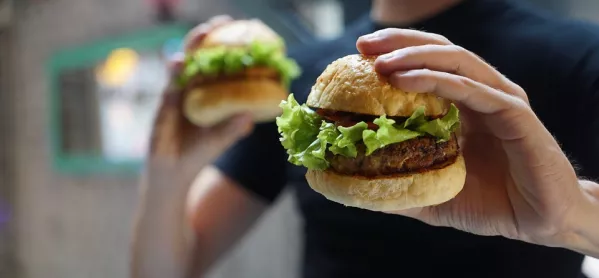More than 20,000 children are severely obese by their last year of primary school, it has emerged.
Council leaders are warning the country is facing “a multi-billion pound ill-health time bomb”.
Figures published today show that the number of pupils who were severely obese in Year 6 in 2016-17 was almost double that of those in their Reception year.
The Local Government Association has warned the data shows some children are “gaining weight at a drastic rate as they go through school”.
It claims that £600m cuts to council public health grants is preventing work to combat childhood obesity.
And it has called for town halls to be given powers to ban junk food advertising near schools.
Analysis by the LGA shows 22,646 children out of 556,452 (4.1 per cent) of 10- and 11-year-olds were severely obese in 2016-17, compared with 14,787 out of 629,359 four and five-year-olds in Reception.
The LGA said that prevention work, including weight management services for children and adults, is being hampered by a huge reduction in councils’ public health budgets - amounting to £600m between 2015-16 and 2019-20.
It is calling for these cuts to be reversed and for councils to have a say in how and where the soft drinks levy is spent - and for better labelling on food and drink products.
Councillor Izzi Seccombe, chairman of the LGA’s community wellbeing board, said the figures were a “worrying wake-up call for urgent joined-up action”.
She said: “Unless we tackle this obesity crisis, today’s obese children will become tomorrow’s obese adults whose years of healthy life will be shortened by a whole host of health problems including diabetes, cancer and heart disease.
“Cuts to councils’ public health grants by the government are having a significant impact on the many prevention and early intervention services carried out by councils to combat child obesity.
“This short-sighted approach risks causing NHS costs to snowball due to the ill health consequences of obesity in our younger generation.”
The LGA analysed data from the National Child Measurement Programme.
The government published a childhood obesity plan in 2016. Many health campaigners criticised the lack of new curbs for junk food advertising.
Earlier this year a charity report said schools should invite health specialists to visit on a regular basis, to support children struggling with obesity.
A Department of Health and Social Care spokeswoman said: “We take childhood obesity extremely seriously and we’ve seen some encouraging results since the launch of our 2016 plan.
“However, we’ve always been crystal clear that this was the start of the conversation, not the final word on obesity.
“We are in the process of working up an updated plan, and will be in a position to say more shortly.”




